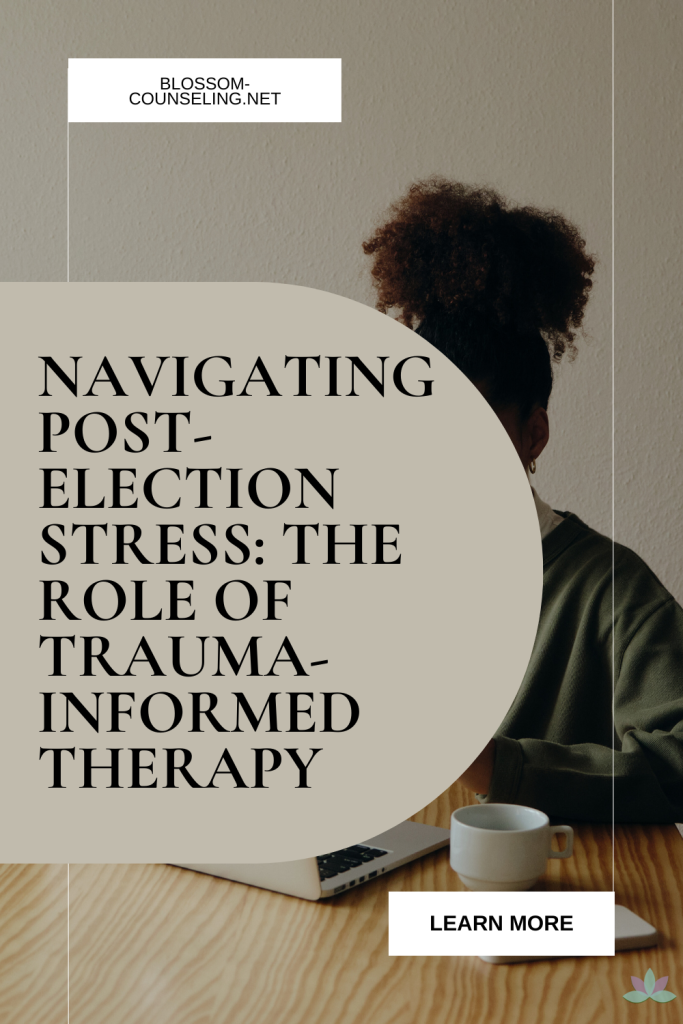
Some days feel like they come straight out of a stormy weather forecast—cloudy, unpredictable, and a little too intense for comfort. Maybe it’s a work deadline that spiraled out of control, a difficult conversation you can’t stop replaying, or just an accumulation of life’s everyday stressors. Whatever the reason, finding ways to self-soothe can turn the volume down on the noise and bring you back to a place of calm.
Here’s the thing about self-soothing: it’s deeply personal. What works for one person might not work for another, and that’s okay. The goal is to find tools that ground you, comfort you, and give you the space to navigate tough emotions without judgment. Let’s explore a few self-soothing strategies that go beyond the typical advice to “just breathe” (although breathing is pretty great, too!).
1. Engage Your Senses
Your senses are like your brain’s direct hotline to the present moment. When stress takes over, grounding yourself in sensory experiences can gently pull you out of your head and into your body.
- Sight: Look at something calming or beautiful—nature photos, a plant, or even a cozy corner of your home.
- Sound: Put on your favorite playlist, a nature soundscape, or even white noise. Let the sounds wash over you like a warm hug.
- Touch: Wrap yourself in a soft blanket, hold a warm mug of tea, or try running your hands under cool water.
- Smell: Light a candle, diffuse essential oils, or even just take a moment to enjoy the scent of your favorite hand lotion.
- Taste: Savor something comforting—a piece of chocolate, a soothing herbal tea, or a flavorful soup.
2. Get Moving (But Gently)
When your emotions feel stuck, moving your body—even in small ways—can help release some of that tension.
- Stretching, yoga, or a slow walk around the block can be restorative.
- If you’re feeling more high-energy, dancing it out to your favorite upbeat song can be a great emotional release.
Remember, this isn’t about fitness or hitting any step goals. It’s about reconnecting with your body in a way that feels kind.
3. Create a Safe Haven for Your Mind
Sometimes, the hardest part of a tough day is quieting the relentless chatter in your mind. Finding a mental “escape” can help:
- Visualization: Imagine your happy place—whether it’s a beach, a cozy cabin, or a sunny park bench.
- Storytelling: Dive into a book, podcast, or TV show that transports you to another world.
- Journaling: Put pen to paper and let your thoughts flow without censoring them. It doesn’t have to be eloquent—just honest.
4. Soothe Through Connection
We’re social creatures, even on days when we’d rather curl up in solitude. A little connection can go a long way:
- Call a trusted friend or family member—not to problem-solve, but just to hear their voice.
- If talking feels too hard, try texting or even sending a funny meme to someone who gets your sense of humor.
- Spend time with a pet, if you have one. Their quiet presence can be incredibly grounding.
5. Embrace a “Micro-Comfort” Moment
Self-soothing doesn’t have to be elaborate. Sometimes, the smallest comforts can make the biggest difference:
- Wrap up in your coziest sweater.
- Take a few minutes to sip your favorite drink slowly and intentionally.
- Watch a feel-good video or scroll through photos that make you smile.
6. Offer Yourself Compassion
One of the most underrated forms of self-soothing is simply being kind to yourself. This might look like:
- Acknowledging that it’s okay to feel how you feel.
- Giving yourself permission to rest without guilt.
- Reminding yourself that hard days are temporary, even if they feel endless in the moment.
Hard days don’t define us, but how we care for ourselves during those moments can shape how we move through them. By practicing self-soothing, you’re not just surviving the storm—you’re building a toolkit to navigate life’s ups and downs with resilience and grace.
Our team of compassionate therapists is here to help you find the support you need. We believe in a holistic approach, treating your mind, body, and spirit. With a blend of traditional and alternative therapies, we tailor your experience to meet your unique needs. At Blossom, we create a non-judgmental space where you can be your authentic self. Our goal is to empower you, amplify your strengths, and help you create lasting change. Together, we’ll navigate life’s challenges and help you bloom, grow, blossom! You deserve to become the best version of you.




